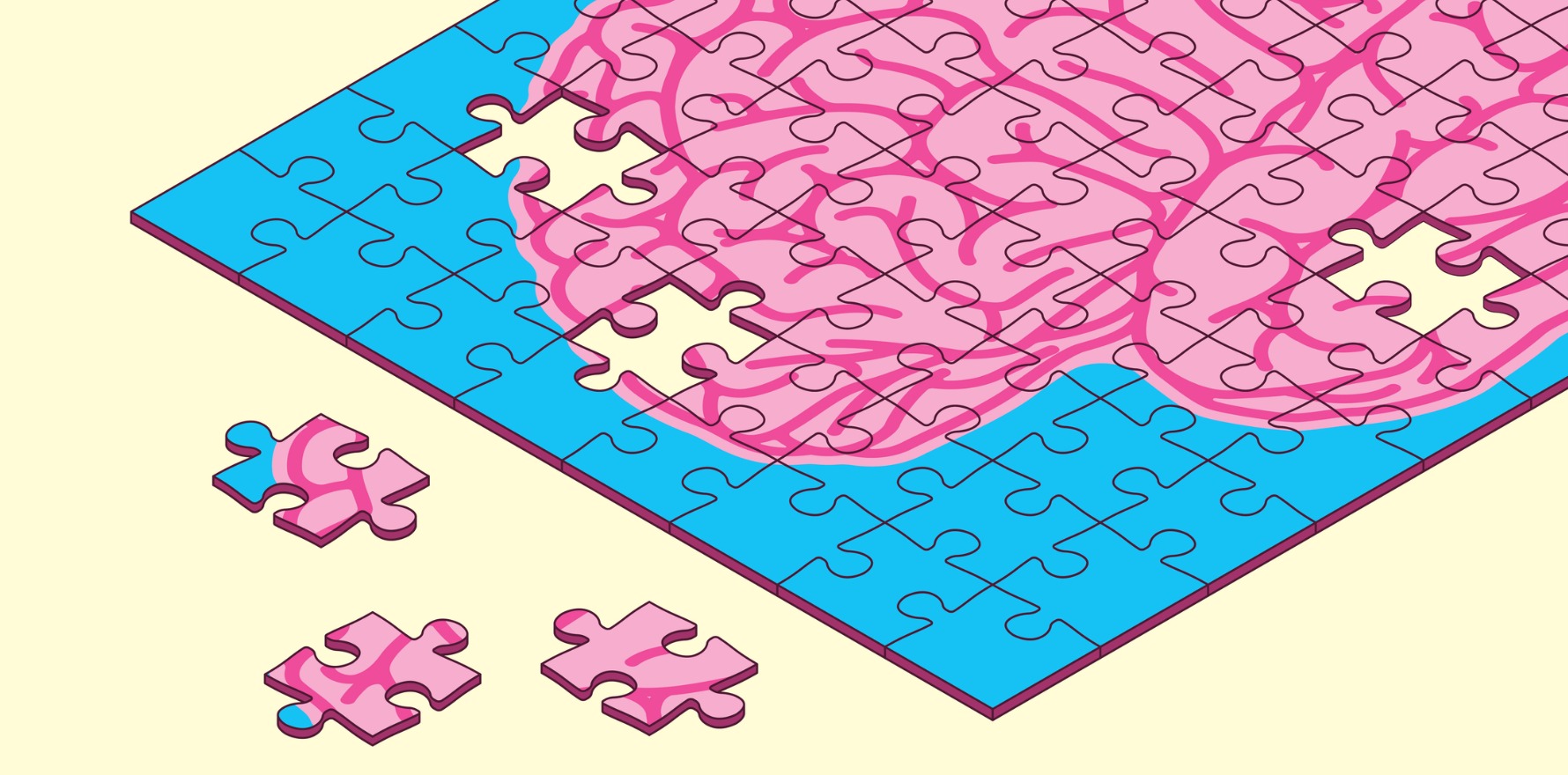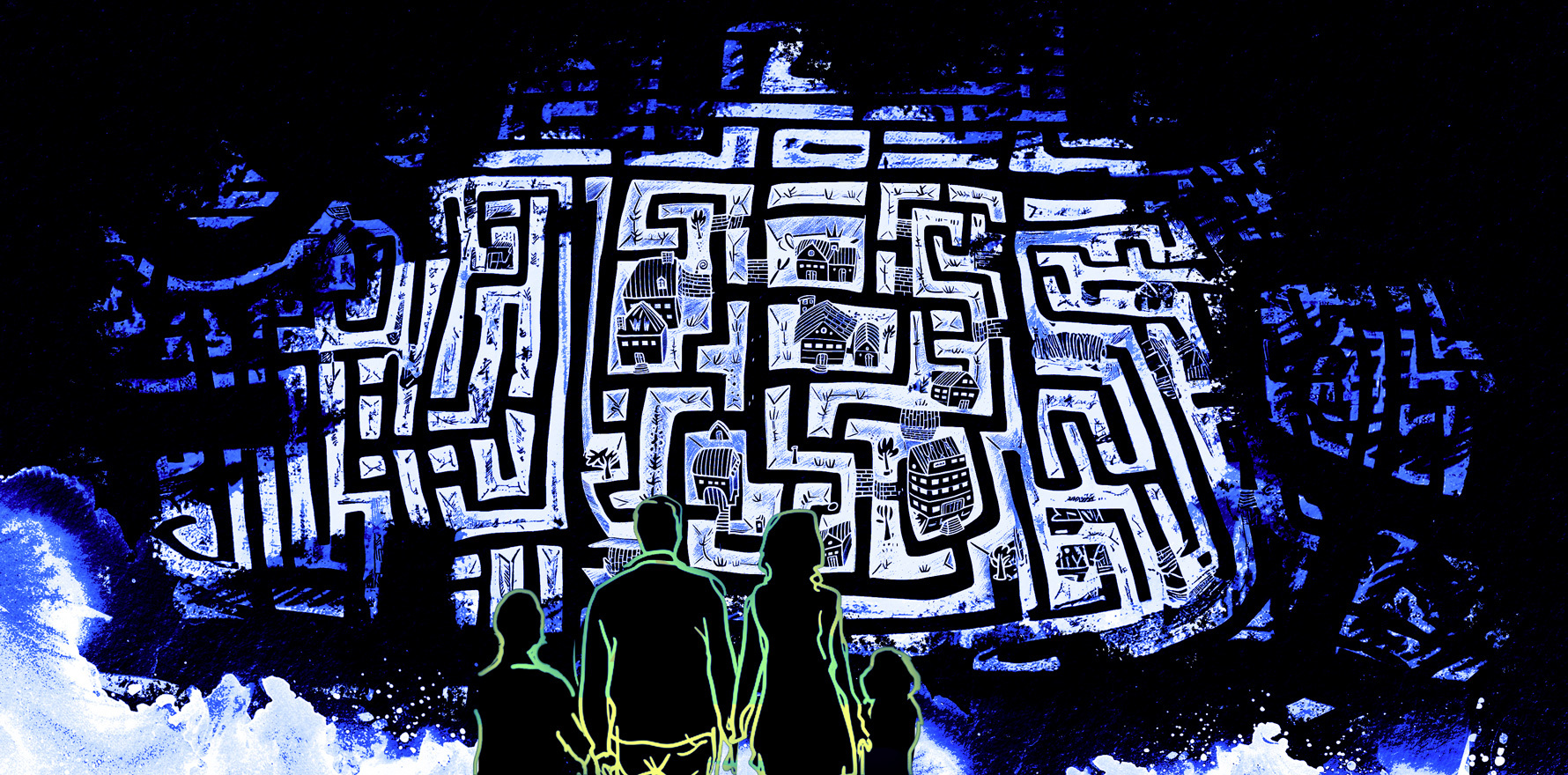A lack of progression-altering treatments, and possible impacts on independence can make choosing to consider a dementia diagnosis difficult.
“Therapeutic nihilism” plagues dementia diagnosis, but Dementia Australia’s medical advisor says 45% of diagnoses are potentially preventable by addressing modifiable risk factors.
The Australian Institute of Health and Welfare has released an update to the Dementia in Australia report.
According to the data, dementia remains the second leading cause of death for Australians and the leading cause of death in women.
Speaking to The Medical Republic, Dementia Australia honorary medical advisor Professor Amy Brodtmann said that the number of Australians living with dementia was about where it was projected to be – around 400,000.
However, this is expected to double in the next 30 years.
Professor Brodtmann said that education – of both the medical community and the public – was a must to ensure a dementia-friendly society.
“I got zero education on dementia in the six years of my medical degree,” she said.
“We now know that that’s no longer the case, that it’s being introduced into the syllabus and curricula of most medical degrees.
“[It] also should be introduced for all allied health.”
Professor Brodtmann said colleges should play a role in lobbying for and emphasising the importance of dementia education.
“Particularly for GPs, because GPs… they’ve got so much they need to be across in terms of their knowledge,” she said.
“They really have to be specialists in everything.”
There has been a “real therapeutic nihilism amongst GPs” – questions over whether it’s worth diagnosing – due to an awareness of the impacts of a dementia diagnosis on people’s independence in Australia, such as driving restrictions, and a lack of available treatments that impact disease progression, said Professor Brodtmann.
“[But] we now know that almost half, 45%, of dementia [cases] are preventable or modifiable,” she said.
A 2024 Lancet commission study, released last month, found that addressing 14 modifiable risk factors at different life stages could potentially prevent 45% of dementia cases.
There are also two types of dementia-related medications currently available in Australia, Professor Bodtmann told TMR.
“Symptomatic drugs” like donepezil, which don’t affect progression but can lessen symptoms, are available to boost cognition in people with Alzheimer’s, and antipsychotics are sometimes used for dementia-related behavioral symptoms.
The former were initially difficult to prescribe, however – after coming off patent around 10 years ago – prescription is now much easier, said Professor Brodtmann.
“Fortunately, they’re cheap so it’s not a huge cost to the to the Australian taxpayer,” she said.
According to the AIHW data, between 2013-14 and 2022-23 there was an increase in prescriptions for dementia-related drugs from 472,000 scripts for about 50,800 people to 688,000 scripts for 72,400 people.
Professor Brodtmann said the prescription of antipsychotics for dementia were more “problematic”, with statistics suggesting that up to 80% of people with dementia in residential care are being prescribed these drugs.
“The reality is that, particularly in residential care, the staff aren’t upskilled enough to understand the nonpharmacological ways of treating someone with these behaviors, which are basic nursing skills as well identifying unmet needs … it’s much easier to just give someone a pill,” she said.
Professor Brodtmann said that new disease modifying drugs – lecanemab and donanemab – for Alzheimer’s were “really exciting”.
The TGA is currently considering donanemab for approval, which Professor Brodtmann is confident will pass.
She was less confident about whether the drug would be approved by the PBS.
“What I think is exciting about these medications is that they’ve shown us that we can crack this [disease] even [if only] a tiny little bit.
“The thing that’s exciting is that this is the first time that we’ve got evidence that a single target is working.”
In terms of expenditure on dementia care, the figures are far surpassing expectations, said Professor Brodtmann.
“We’re spending a huge amount of Australian taxpayers’ money and also personal money on looking after people with dementia,” she said.
“Close to $4 billion of Australia’s health and aged care expenditure was spent directly on dementia in 2020/21.”
Related
Dementia Australia CEO Professor Tanya Buchanan said the AIHW report showed the enormous impact of the disease in Australia.
“Despite the growing number of Australians diagnosed with dementia … it is not receiving the recognition it needs as a public health issue,” Professor Buchanan said.
Professor Buchanan said the community was eagerly awaiting the National Dementia Action Plan and pointed to the learnings from the Lancet report.
“A focus on dementia as a public health issue through the life course, with population-level strategies, targeting whole communities are needed,” she said.
“Dementia-friendly communities are vital to reduce the risk of social isolation and support people living with dementia to remain connected and engaged.”





